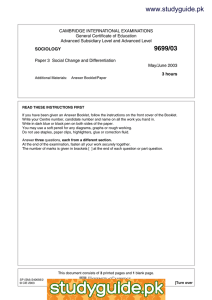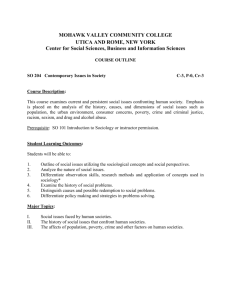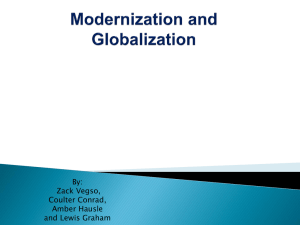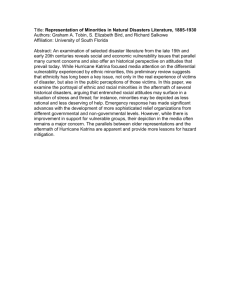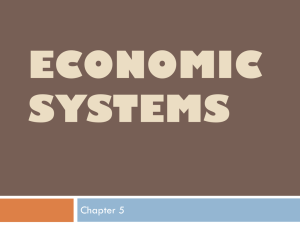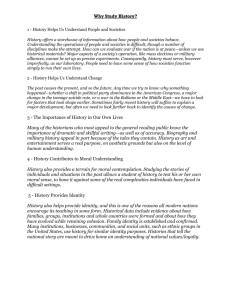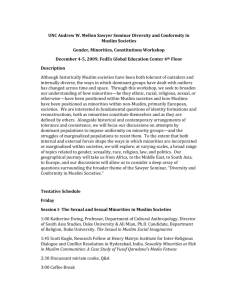Audit of the Club de Madrid Commitments for Shared Societies
advertisement
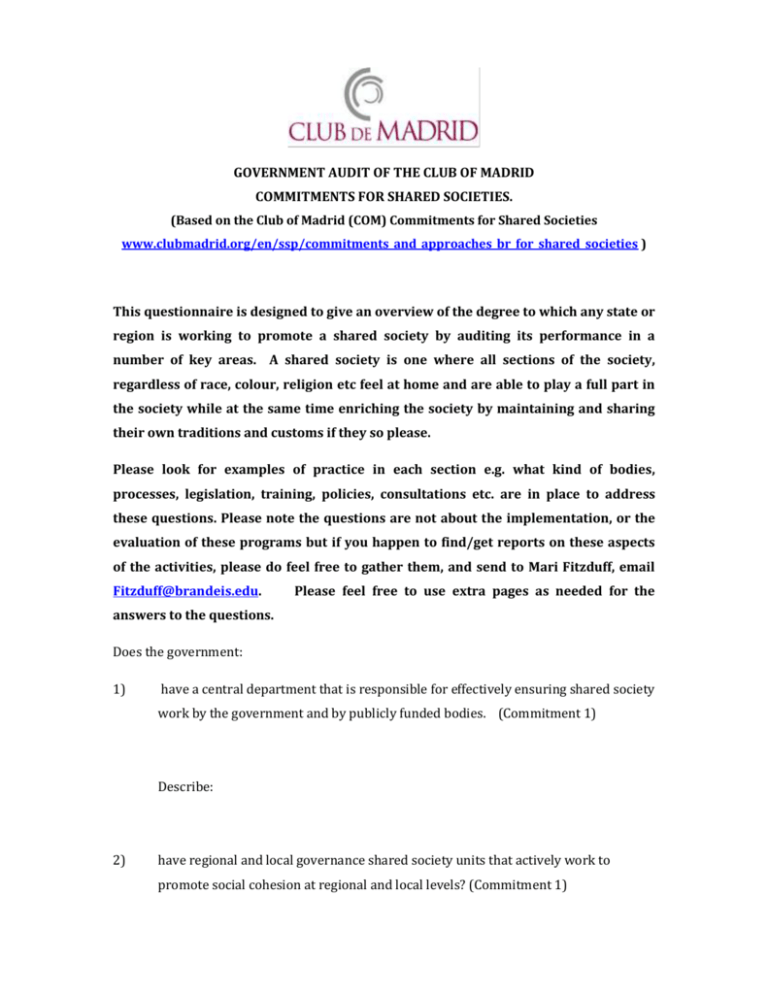
GOVERNMENT AUDIT OF THE CLUB OF MADRID COMMITMENTS FOR SHARED SOCIETIES. (Based on the Club of Madrid (COM) Commitments for Shared Societies www.clubmadrid.org/en/ssp/commitments_and_approaches_br_for_shared_societies ) This questionnaire is designed to give an overview of the degree to which any state or region is working to promote a shared society by auditing its performance in a number of key areas. A shared society is one where all sections of the society, regardless of race, colour, religion etc feel at home and are able to play a full part in the society while at the same time enriching the society by maintaining and sharing their own traditions and customs if they so please. Please look for examples of practice in each section e.g. what kind of bodies, processes, legislation, training, policies, consultations etc. are in place to address these questions. Please note the questions are not about the implementation, or the evaluation of these programs but if you happen to find/get reports on these aspects of the activities, please do feel free to gather them, and send to Mari Fitzduff, email Fitzduff@brandeis.edu. Please feel free to use extra pages as needed for the answers to the questions. Does the government: 1) have a central department that is responsible for effectively ensuring shared society work by the government and by publicly funded bodies. (Commitment 1) Describe: 2) have regional and local governance shared society units that actively work to promote social cohesion at regional and local levels? (Commitment 1) Describe: 3) have governance systems that ensure active participation by minorities at all levels of society. (Commitment 2) 4) have monitoring and evaluation processes to ensure that policies are implemented at national, regional and local level in ways that enhance equal and shared societies. (Commitment 3) Describe: 5) have legislation that prohibits discrimination based on ethnic, religious or cultural differences? (Commitment 4) Describe: 6) have mechanisms in place to provide means of redress for those who believe their right to equality, cultural respect, and inclusion in the processes of society have been denied (Commitment 4) Describe: 7) have affirmative action processes that ensure that identity groups are equipped with the skills necessary to avail of the economic and social opportunities provided by their society? (Commitment 5) Describe: 8) have existing land policies, including legislation, that equitably respect the needs and rights of all communities? (Commitment 5) Describe: 9) actively encourage businesses and other institutions to be equal and inclusive in their employment and management practices? (Commitment 5) Describe: 10) ensure that physical environments for which they are responsible encourage mutual respect, and easy interaction and cooperation between all identity groups? (Commitment 6) Describe: 11) support, develop and resource educational systems and curricula that promote understanding and respect between differing groups? (Commitment 7) Describe: 12) have a variety of processes at national, regional and local level to ensure a shared vision of society, and the responsibilities associated with such a vision? (Commitment 8) Describe: 13) have policies that ensure that minorities feel that their language, history and culture contribute to the overall richness and capacity of a society? (Commitment 9) Describe: 14) Have national monuments, museums, public buildings and public holidays that acknowledge and represent the diversity and history of their citizens? (Commitment 9) Describe: 15) encourage and support an active civic society including religious, cultural, youth, community and social bodies that provide support for the needs of differing identity groups and encourage their mutual cooperation? (Commitment 9) Describe: 16) support public media sources that ensure the representation of the cultural, religious and ethnic life of minorities in their programs (Commitment 9) Describe: 17) ensure that political parties are committed to avoiding identity voting on ethnic lines, or other policies that increase societal divisions, and to promoting shared societies policies at all levels (Commitment 9) Describe: 18) have established local and national mechanisms that can help mediate and resolve differences and tensions arising between differing identity communities (Commitment 10) Describe: 19) have security forces that are trusted equally by all sections of society i.e. they include members from minority groups, and are trained to respect and deal with identity differences (Commitment 10) Describe: 20) regularly audit the state of relationships and equality between differing communities so as to ensure that they can forestall tensions and violence arising between them (Commitment 10) Describe:


